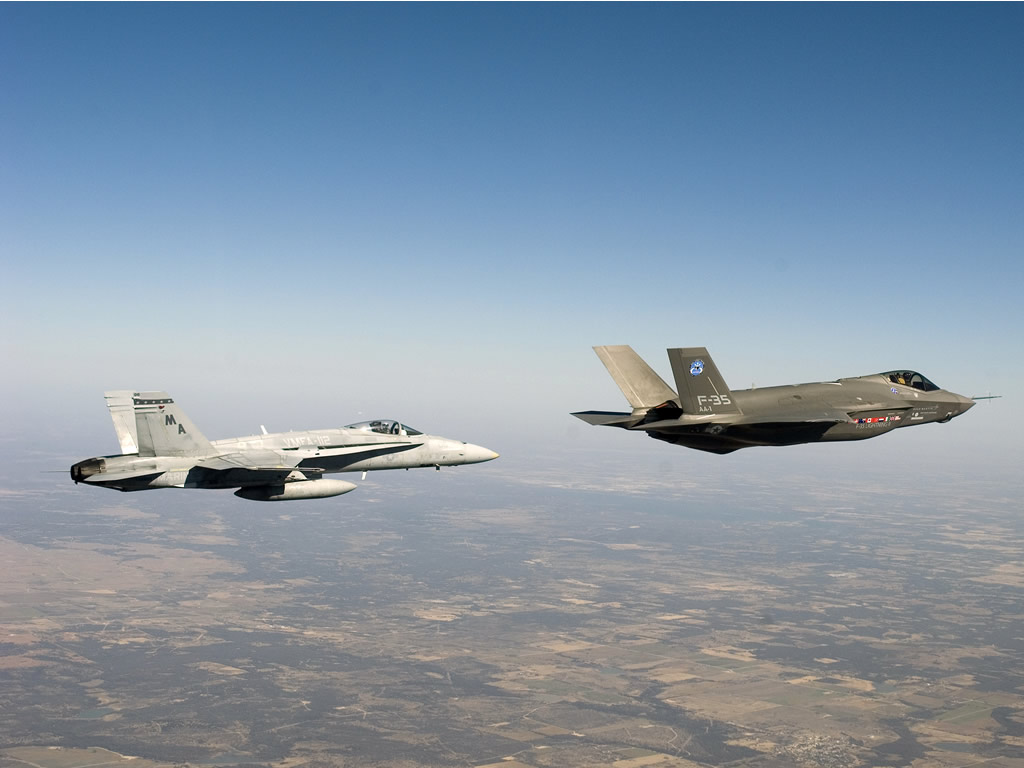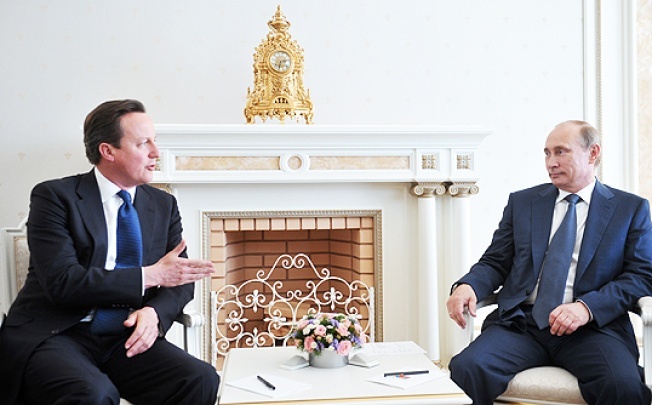
This week’s water cooler:
The question this week was inspired by an essay in the New York Times Review of Books. A former official of a NATO country, writing anonymously, reviewed two recently published books on ISIS. Though this person’s comments addressed ISIS’s rise more generally, I also feel they are very relevant to the peculiar public relations war being fought on Youtube, Facebook, Twitter and chat rooms across the internet.
“I have often been tempted to argue that we simply need more and better information. But that is to underestimate the alien and bewildering nature of this phenomenon. To take only one example, five years ago not even the most austere Salafi theorists advocated the reintroduction of slavery; but ISIS has in fact imposed it. Nothing since the triumph of the Vandals in Roman North Africa has seemed so sudden, incomprehensible, and difficult to reverse as the rise of ISIS. None of our analysts, soldiers, diplomats, intelligence officers, politicians, or journalists has yet produced an explanation rich enough—even in hindsight—to have predicted the movement’s rise.
We hide this from ourselves with theories and concepts that do not bear deep examination. And we will not remedy this simply through the accumulation of more facts. It is not clear whether our culture can ever develop sufficient knowledge, rigor, imagination, and humility to grasp the phenomenon of ISIS. But for now, we should admit that we are not only horrified but baffled.”
A number of commentators have noted that the Western governments are generally failing at combating ISIS’s propaganda, particularly slickly produced social media content aimed at millennials.
In a time when the internet connects us all, what strategy should Western governments use in the ever-changing social media war?
Michael Lumbers: It’s Governing, Stupid
Program Editor: Emerging Security
Western governments shouldn’t feel they must choose between competing policy proposals. That would entail opting either for a preventive approach that defangs ISIS’ recruiting by closing its social media accounts or countering its messaging by disseminating an alternative narrative. An appropriate strategy should blend elements of both perspectives, but should also recognize the pitfalls of each. It’s unclear whether it’s technologically feasible to completely shut down the propaganda of ISIS, which has proven both evasive and resourceful in reaching out to sympathizers; a concerted effort to suppress the group’s message also runs the risk of enhancing its allure to potential followers by transforming it into forbidden fruit. Room exists for countering the promise of paradise to converts, given the tales of hardship emerging from ISIS-held territory, but the West shouldn’t complacently assume, as it has before, that it can prevail in local struggles for the “hearts and minds” of people it doesn’t understand.
ISIS’ appeal ultimately thrives on a Sunni-Shia chasm that has dramatically widened throughout the Middle East, specifically a sense of Sunni alienation as a result of misrule in Iraq and Syria. Overcoming ISIS will depend more on addressing these issues of governance than on the application of outside military force or a slick social media campaign.
Leon Fleddermann: Out of sight out of mind?
Contributing Writer
The internet is one of the last havens, for uncensored and unregulated free speech and there is no way that any governmental counterterrorist agency can restrict or block the access of ISIS to social media without a deep government intrusion into the publics access to the internet at large and a restriction thereof. Even if the main social media platforms began filtering their users for “promoting radical Islam” the message would get out eventually over another platform. The problem isn’t the fact that ISIS is present on social media spreading its propaganda, but the fact that ISIS is present in the first place. Fighting ISIS on social media with censorship has not only become nearly impossible in the age of the world wide web, but it would probably only solidify their image as rebels.
The Key to combating extremisms in any form is to approach the public with a counter narrative. The responsibility lies ultimately at the community level and not with the Central Government. When it comes to combating Islamic extremism, it is in the hands of Muslim communities around the world to prevent their youth from falling into the hands of radicals, by preaching a more peaceful and tolerant Islam within the mosques and promoting such on social media themselves.
Trevor Schenk: Money, Power, Sex and Violence
Program Editor: Canada’s NATO
Money, guns, power, sex, and violence are what is being offered by Daesh, a powerful combination which attracts thousands of foreigners to fight and die for its cause. In reality all that awaits them is the likely hood that they will die hated and alone in some bombed out Syrian city or by their own hands strapping a suicide vest to their chests. While there has been no shortage of people and countries willing to join the fight militarily against Daesh, this must be complimented by a strong counter-narrative to what Daesh is selling. Law enforcement agencies and spy agencies can monitor, arrest, and foil terrorist plots, but this must be combined with cooperation between governments, outreach programs and communities. A preventative approach must include those who are closest and most suitable to both recognize and stop a radicalized individual from committing violence. Family members, peers, religious and community figures are in the best position to recognize the signs of radicalization and intervene before the individual takes the next step and travels to Iraq or Syria, or commits an act of violence in their own country. Building on existing programs between government agencies and communities is essential in the fight against Daesh and violent extremism.
Corinne Stancescu: It ain’t over till the fat lady sings.
Program Editor: Society, Culture and International Relations
While it is clear Western governments are losing the social media fight against IS, I don’t believe it is completely over. I think that the obvious problem is that there is no strategy for “counter messaging” IS on social media. The police unit that will be put in place by EURPOL will help to form a more direct and clear message. However, the group most influenced by social media campaigns and messages are young people. This is obvious. So, while IS engages and energizes this group through violence, Western governments will need a strategy that is the opposite of this. This could mean discrediting the group entirely, as David Cameron says “stop calling it the Islamic State” because it is not a state. Whatever the new strategy is, it needs to be clear over all Western governments. The dynamic nature of social media allows people to constantly be engaged, so there is always a chance to change the message.
Stefan Konrad: ISIS, social media and the psychology of fear
Program Editor: Procurement
In my view, there is strong evidence that Western governments are losing the social media war with ISIS. Though ISIS is fighting an actual military conflict, it is also engaged in a murkier war for the hearts and minds of people across the world. ISIS’s Youtube videos, in particular, have promoted its narrative in a way Western governments struggle to counter. As we have discussed in previous water cooler debates, the military coalition arrayed against ISIS is fearsome indeed. In many ways, the psychology of fear is the most effective weapon in ISIS’s arsenal. On social media, ISIS’s loosely-networked supporters have successfully inflamed the Sunni-Shia divide and resonated with politically alienated individuals around the globe. The lone-wolf attacks done in ISIS’s name and its growing number of regional affiliates speak to the effectiveness of its strategy: thousands of social media accounts spread across dozens of platforms. Western governments will never be truly able to map out these ISIS networks. The best strategy is an international response involving national leaders, celebrities (particularly those from the Middle East), theologians and former radicals. The work being done by Maajid Nawaz and Haras Rafiq of the Quilliam Foundation is one example of how to do this successfully.




